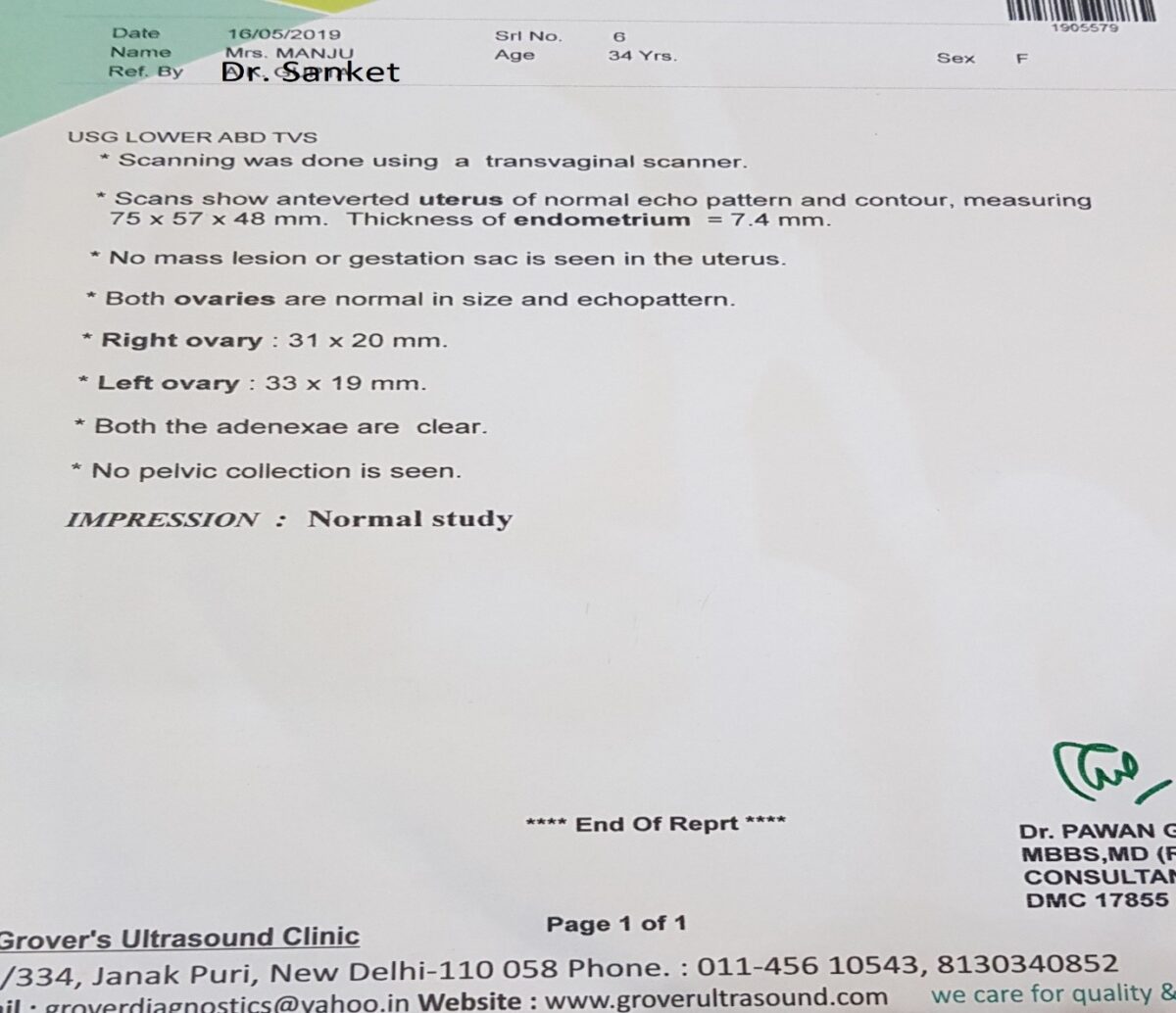In today’s fast-paced world, maintaining wellness has become a challenge. Many individuals focus solely on physical health while neglecting mental and emotional well-being. Wellness is a holistic concept that encompasses the balance of mind, body, and soul. At OVIHAMS, a leading center for holistic healthcare, wellness is promoted through homeopathy, psychology, and natural healing techniques. This blog explores the importance of wellness and how integrating different healing practices can help achieve a balanced life.
Understanding Wellness: More Than Just Physical Health Wellness is not merely the absence of disease but a state of complete well-being. It includes:
- Physical Wellness – Maintaining a healthy body through proper nutrition, regular exercise, and preventive care.
- Mental Wellness – Managing stress, anxiety, and emotions to maintain psychological balance.
- Emotional Wellness – Developing a positive mindset, self-awareness, and coping mechanisms for emotional challenges.
- Spiritual Wellness – Finding purpose, inner peace, and connection with oneself and the universe.
- Social Wellness – Building strong relationships and fostering positive social interactions.
The Role of Homeopathy in Wellness Homeopathy is a natural and holistic healing method that strengthens the body’s defense system. At OVIHAMS, homeopathy is used to treat various ailments by addressing the root cause rather than just the symptoms. Key benefits of homeopathy for wellness include:
- Boosting Immunity – Helps the body fight infections naturally.
- Reducing Stress and Anxiety – Balances emotions and improves mental clarity.
- Enhancing Energy Levels – Restores vitality and combats fatigue.
- Promoting Holistic Healing – Treats the body and mind as a unified system.
The Importance of Mental Health in Wellness Mental health plays a crucial role in overall wellness. Stress, anxiety, and depression can negatively impact physical health. The ‘Mind the MIND’ unit at OVIHAMS offers expert psychological care, including psychotherapy and counseling, to enhance mental well-being. Benefits of seeking psychological support include:
- Improved Emotional Resilience – Helps in managing stress effectively.
- Better Relationships – Enhances communication and social skills.
- Greater Self-Awareness – Encourages personal growth and self-reflection.
- Effective Coping Strategies – Provides tools to navigate life’s challenges.
Practical Steps to Achieve Wellness
- Adopt a Healthy Diet – Eat a balanced diet rich in nutrients to fuel the body and mind.
- Exercise Regularly – Engage in physical activities like yoga, walking, or strength training.
- Practice Mindfulness – Meditate or practice deep breathing for mental relaxation.
- Seek Holistic Treatments – Consider homeopathy and therapy for overall well-being.
- Prioritize Sleep – Maintain a regular sleep schedule to rejuvenate the body.
- Stay Connected – Build strong social connections for emotional support.
- Embrace Positivity – Cultivate a positive mindset to enhance overall wellness.






















